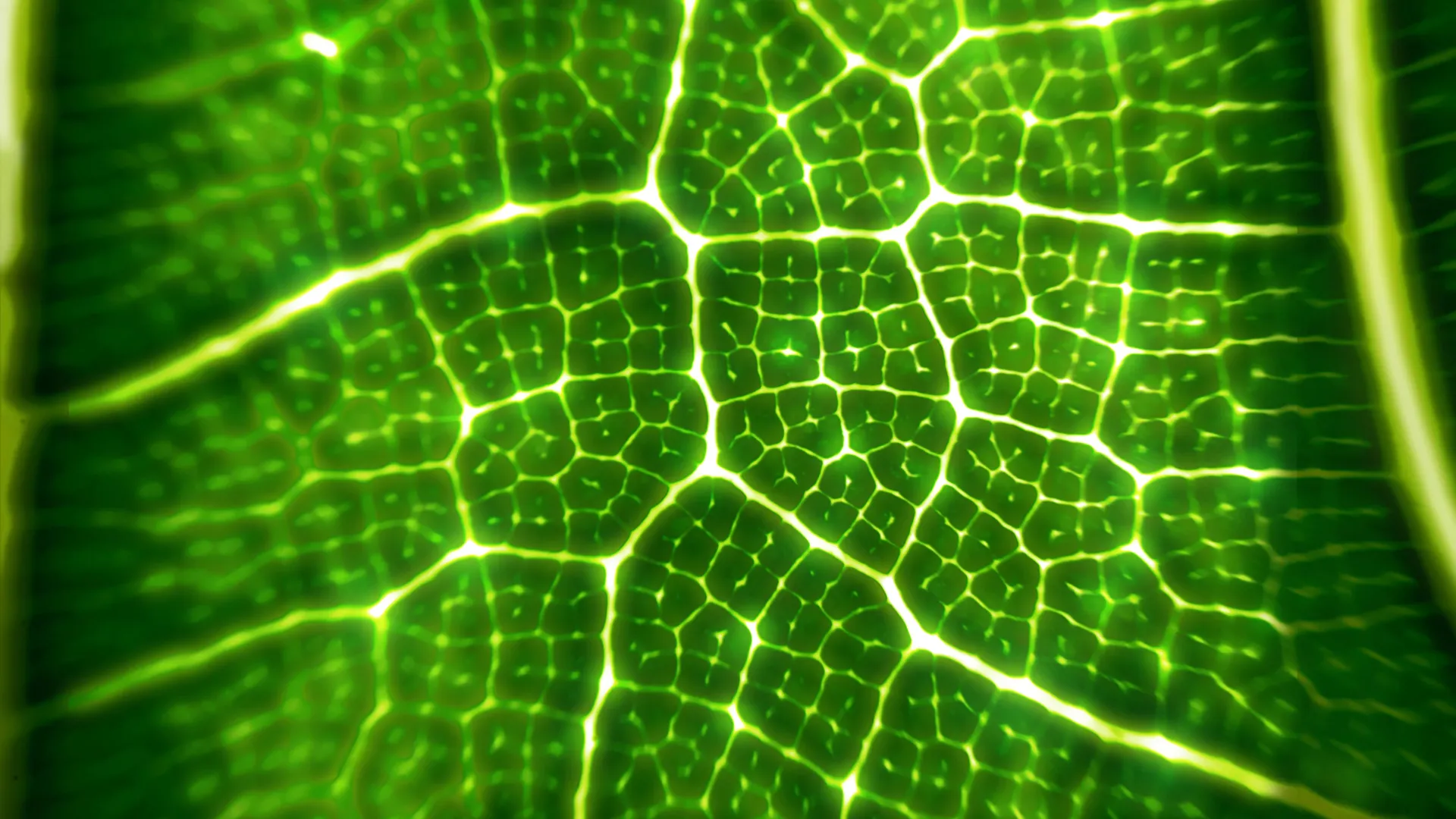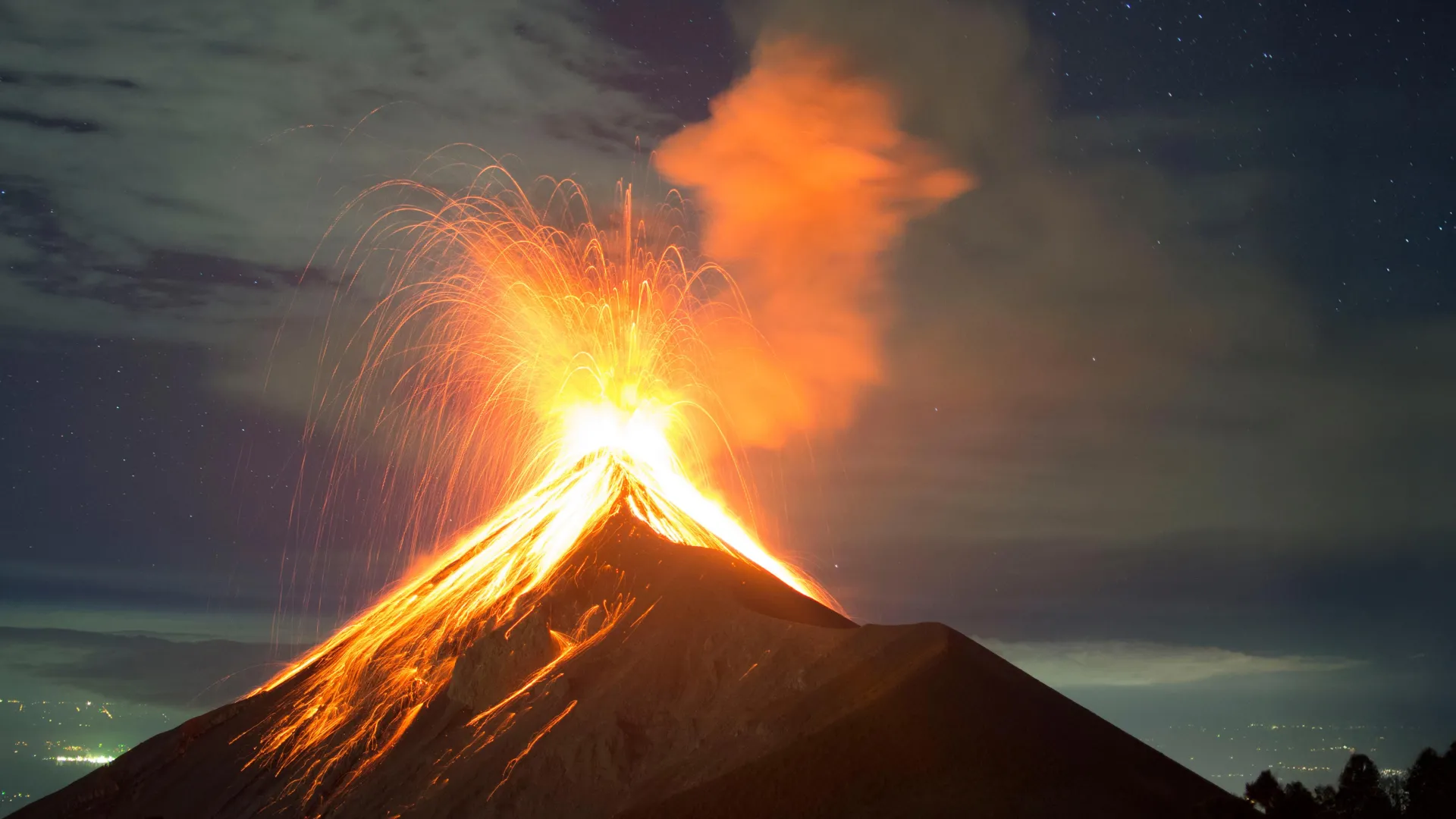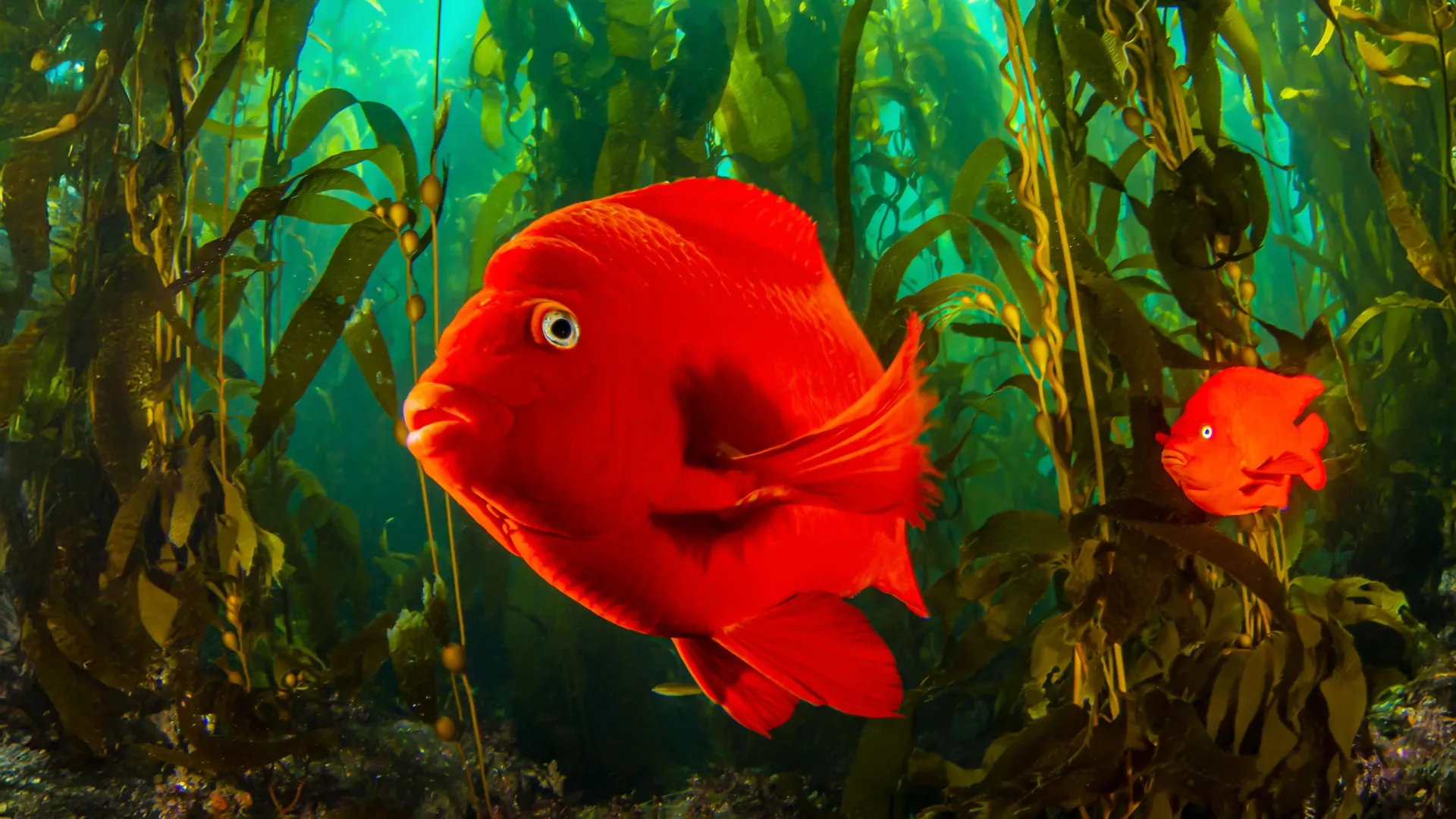During photosynthesis, an enzyme called rubisco catalyzes a key reaction — the incorporation of carbon dioxide into organic compounds to create sugars. However, rubisco, which is believed to be the most abundant enzyme on Earth, is very inefficient compared to the other enzymes involved in photosynthesis. MIT chemists have now shown that they can greatly enhance a version of rubisco found in bacteria from a low-oxygen environment. Using a process known as directed evolution, they identified mutations that could boost rubisco’s catalytic efficiency by up to 25 percent. The researchers…
Read MoreMelting glaciers are awakening Earth’s most dangerous volcanoes
Melting glaciers may be silently setting the stage for more explosive and frequent volcanic eruptions in the future, according to research on six volcanoes in the Chilean Andes. Presented today (July 8) at the Goldschmidt Conference in Prague, the study suggests that hundreds of dormant subglacial volcanoes worldwide – particularly in Antarctica – could become more active as climate change accelerates glacier retreat. The link between retreating glaciers and increased volcanic activity has been known in Iceland since the 1970s, but this is one of the first studies to explore…
Read MoreHovering fish burn twice the energy—study shocks scientists
Fish make hanging motionless in the water column look effortless, and scientists had long assumed that this meant it was a type of rest. Now, a new study reveals that fish use nearly twice as much energy when hovering in place compared to resting. The study, led by scientists at the University of California San Diego’s Scripps Institution of Oceanography, also details the biomechanics of fish hovering, which includes constant, subtle fin movements to prevent tipping, drifting or rolling. This more robust understanding of how fish actively maintain their position…
Read MoreHello world!
Welcome to WordPress. This is your first post. Edit or delete it, then start writing!
Read More

